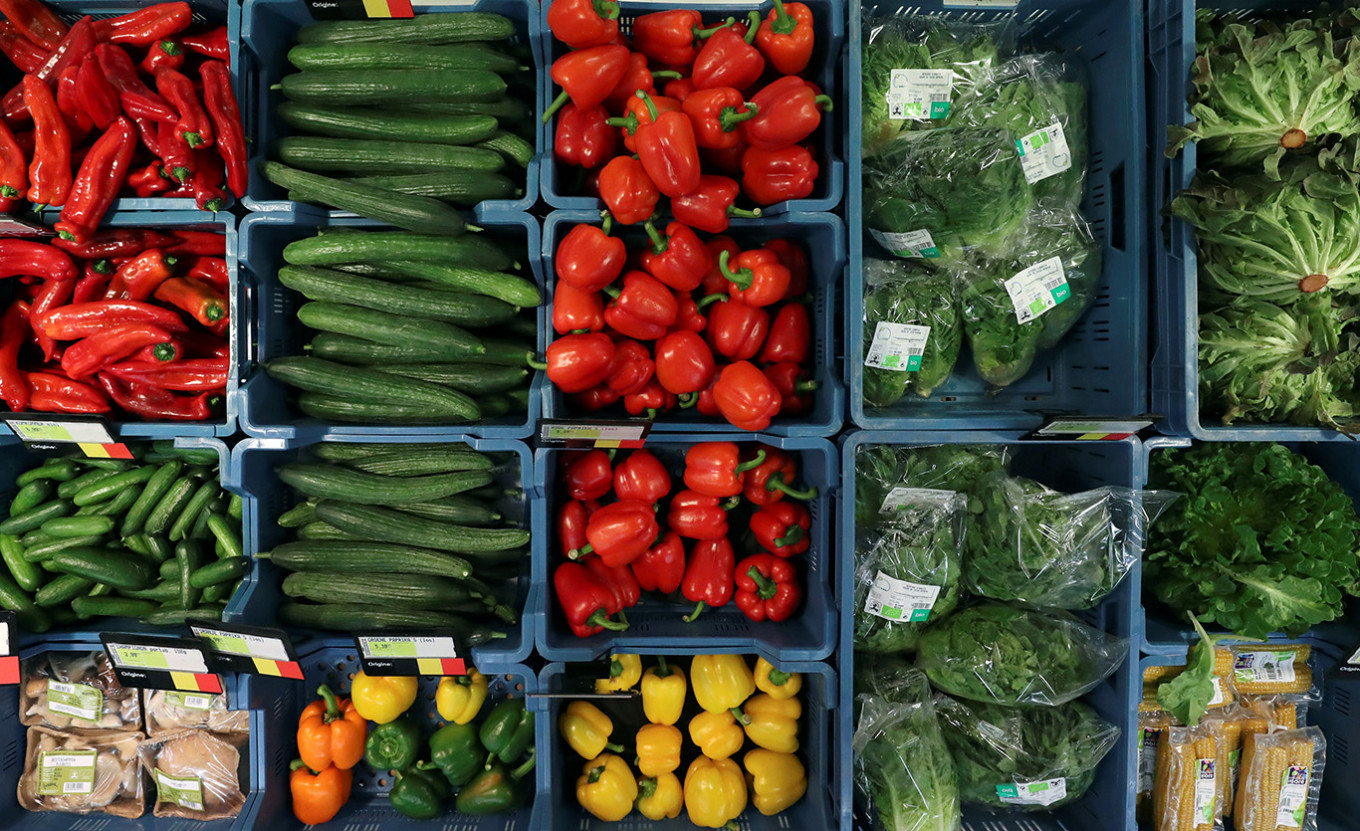Popular Reads
Top Results
Can't find what you're looking for?
View all search resultsPopular Reads
Top Results
Can't find what you're looking for?
View all search resultsMindful eating during a pandemic
Stress is our total response - mind and body - to whatever stressors we experience. While working from home, food may certainly become stressor. So, we are virtually facing two stressors, namely food and the isolation itself.
Change text size
Gift Premium Articles
to Anyone
N
ever has our love affair with food been so intimate as it is now. The COVID-19 pandemic has forced us to literally dwell in our tiniest microcosm, be it a house or an apartment or even just a room.
Whether we are working from home or partaking in other digital activities, we are experiencing much less physical mobility. Our minds might be travelling worldwide – thanks to social media - but our movement is limited within a narrow compartment.
Living in a miniscule microcosm as led us to a rudimentary livelihood ritual. For those implementing full-fledged work from home (WFH) activities, daily routines might resemble those of pre-pandemic days. However, these routines take place only in a limited space. Seeing and interacting with people, as well as seeing and sensing real places and landscapes can hardly be replaced by images, sounds and videos transmitted via gadgets. If such isolation continued, it would not be surprising if some suffered from cabin fever.
One dimension of this pandemic-driven isolation is our deepened intimacy with food. These days, our lives are so colored - if not occupied - by food. Some of us are suddenly having an intimate love affair with food because we have more time to prepare our own food. People are able to smell, touch, cut, steam, boil, stir fry and deep fry food more intensely than before.
However, unlike our pre-pandemic daily routine, which was marked by three food-related milestones (breakfast, lunch and dinner), the demarcation between these milestones are being blurred. The gaps between breakfast and lunch, as well as between lunch and dinner, are filled by smooth and easy snacking – thanks to the packaged food industry. Food seems to be ever present in our seclusion hour by hour.
Read also: Online food business a tasty opportunity during pandemic
This too-close attachment to food can potentially trigger a special class of stress known as food stress. In this case, instead of bringing joy by satisfying our appetite, eating becomes a stressful activity. Many people have started to complain that they have gained weight rapidly. Just within a few days of WFH their body weights seem too difficult to maintain.
Stress is our total response - mind and body - to whatever stressors we experience. While working from home, food may certainly become stressor. So, we are virtually facing two stressors, namely food and the isolation itself.
This confinement is the perfect time for us to have a more intense love affair with food. As some are worried about food stress and yet realize that food is indispensable, we should devise a new approach toward it.
We need a more rewarding love affair with food. To accomplish a fulfilling eating experience, Jon Kabat-Zinn, in his book Full Catastrophe Living (2013), suggests an intriguing strategy: mindful eating as a way to combat food stress.
We don’t need to secure a special moment to cook. We have plenty of it now. We should consider spending our seemingly abundant time on the preparation or enjoyment of food. It’s time to pay attention to what we are putting in our bodies, attention that will improve our relationship with food by sorting out the true value and nourishment that food can offer.
Paying attention to food is devoting ourselves to moment-to-moment awareness of food. This might induce positive changes, in the same way that mindfulness can have a positive influence on our relationships with pain, fear, time and people (Kabat-Zinn, 2013). With this kind of food intimacy, we eat not only to nourish our bodies or to satisfy our hunger but also to make ourselves feel better emotionally.
In the words of Bee Wilson, a food writer, we should come to our senses when eating. She suggested that we get to know our food with our ears, nose and hands, as well as our mouths. We should smell it, touch it and look at it before we taste it. She even let us see the way the segments of an orange fall apart; noticing the sound a good piece of toast makes when we take a bite; and feeling the ridges on a stick of celery.
Read also: Combating consequences of pandemic with fortified food staples
Mindful eating allows us to be more conscious of the quality of the food we eat, how it was grown or made, where it comes from and what is in it. If we pay attention to how much we eat, how frequently we eat, when and how we feel as a consequence of eating - we might have a good chance of controlling our appetite. Furthermore, if we could be mindful of how we feel after we eat certain foods or a certain amount of food and whether we feel differently when we eat quickly or slowly or at particular times – we might curb our attachments and cravings for particular foods.
Even more rewarding would be if during this pandemic-induced isolation we can produce our own food. Those who are fortunate enough to have a home garden with edible plants can now be a 21st century hunter-gatherer. Even if we have a bit of extra space we can also start personal agricultural projects. By doing so, we can learn to have a more meaningful eating experience – while realizing that we are still very much a part of nature.
***
Professor of food ecology and safety, Soegijapranata Catholic University









